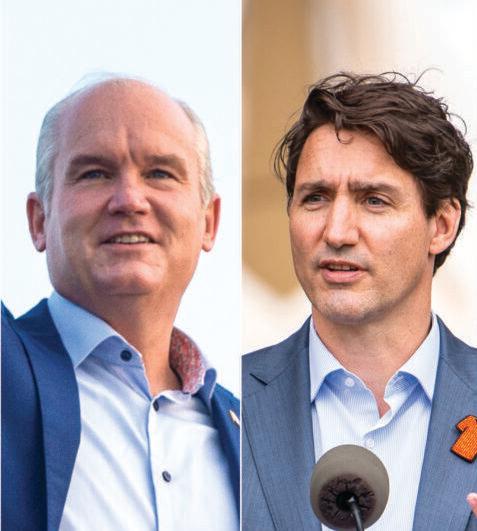Protecting renters, lowering cellphone and internet bills, expanding public transit, and getting more Canadians vaccinated were some of the main topics party leaders addressed as the federal election campaign entered week 4.
Liberals

Protecting renters, lowering cellphone and internet bills, expanding public transit, and getting more Canadians vaccinated were some of the main topics party leaders addressed as the federal election campaign entered week 4.